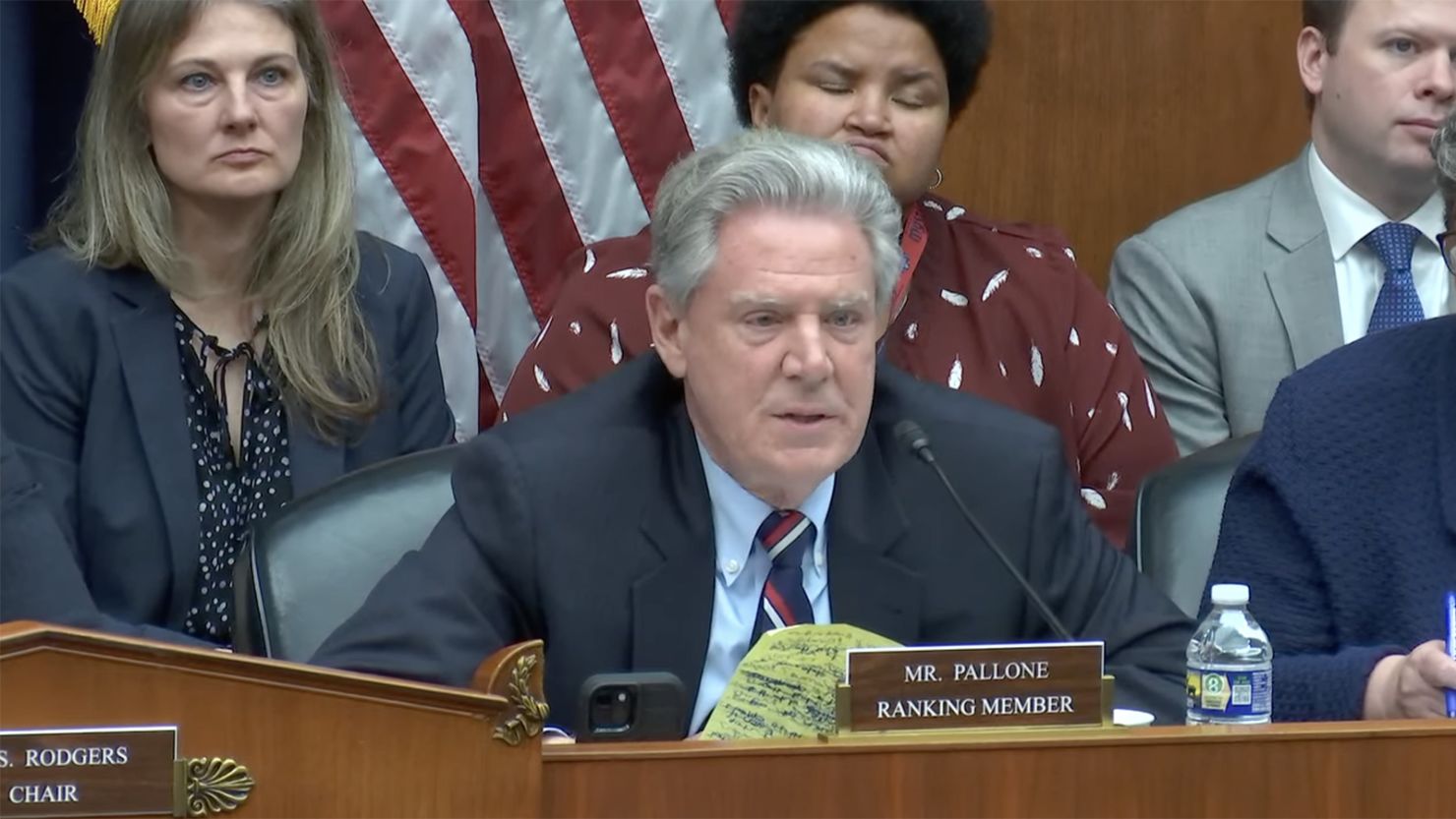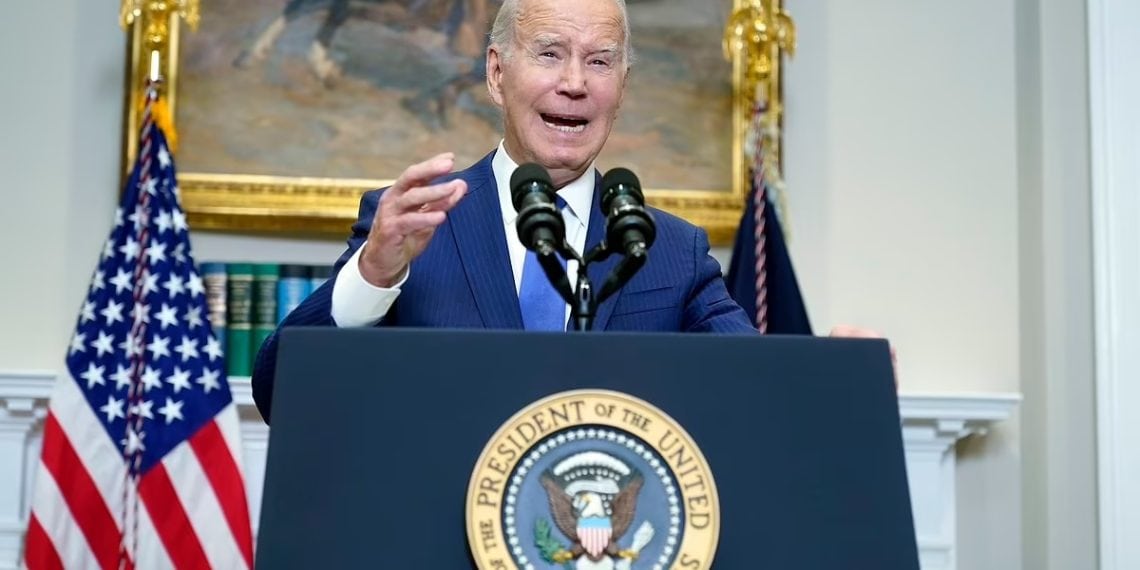US House Democrats are unveiling a comprehensive legislative proposal aimed at countering the rise of artificial intelligence-powered scams and fraud within the country’s robocall regulations. This move is a direct response to recent incidents involving deepfakes, such as the one impersonating President Joe Biden during the New Hampshire voter targeting and fraudsters using AI to clone voices for deceptive purposes.
The proposed legislation, known as the Do Not Disturb Act, significantly broadens the definition of robocalls. It includes any call or text message that incorporates artificially generated or prerecorded messages. Furthermore, the bill seeks to double the potential fines for violating US robocall rules, specifically those involving the use of AI to impersonate individuals.
In a bid to enhance transparency, the proposed law mandates that any use of AI in robocalls, including those authorized by individuals from entities like banks or medical offices, must be disclosed. The legislation aims to address perceived loopholes in the current robocall regulations, with a focus on preventing abuse of AI technology in deceptive calls.
The bill proposes equal application of these new restrictions to both political and non-political robocalls. It aims to close existing regulatory gaps that robocallers often exploit without facing accountability, including ambiguous definitions of what constitutes a robocall. The Supreme Court’s 2021 decision, which narrowly defined autodialers, inadvertently created these regulatory gaps.

This legislative effort comes as part of a broader crackdown on robocalls, with federal and state authorities taking measures to curb the proliferation of unwanted and fraudulent calls.
The legislation also empowers the Federal Communications Commission (FCC) and the Federal Trade Commission (FTC) with additional tools to pursue scammers and impose more stringent penalties, including fines. It also compels phone providers to offer free robocall-blocking services to consumers and directs the FCC to maintain a public list of the top 100 illegal robocall campaigns.




